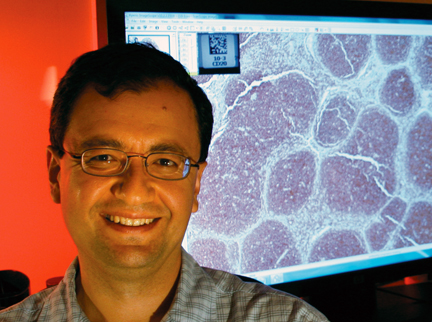Leader In Medical Informatics Research Joins Ohio State, OSC
A Johns Hopkins scientist recognized as one of the world's foremost experts in high performance computing has been recruited to give The Ohio State University College of Medicine and Public Health and OSC (Ohio Supercomputer Center) a leadership role in the new and rapidly expanding field of medical informatics.


